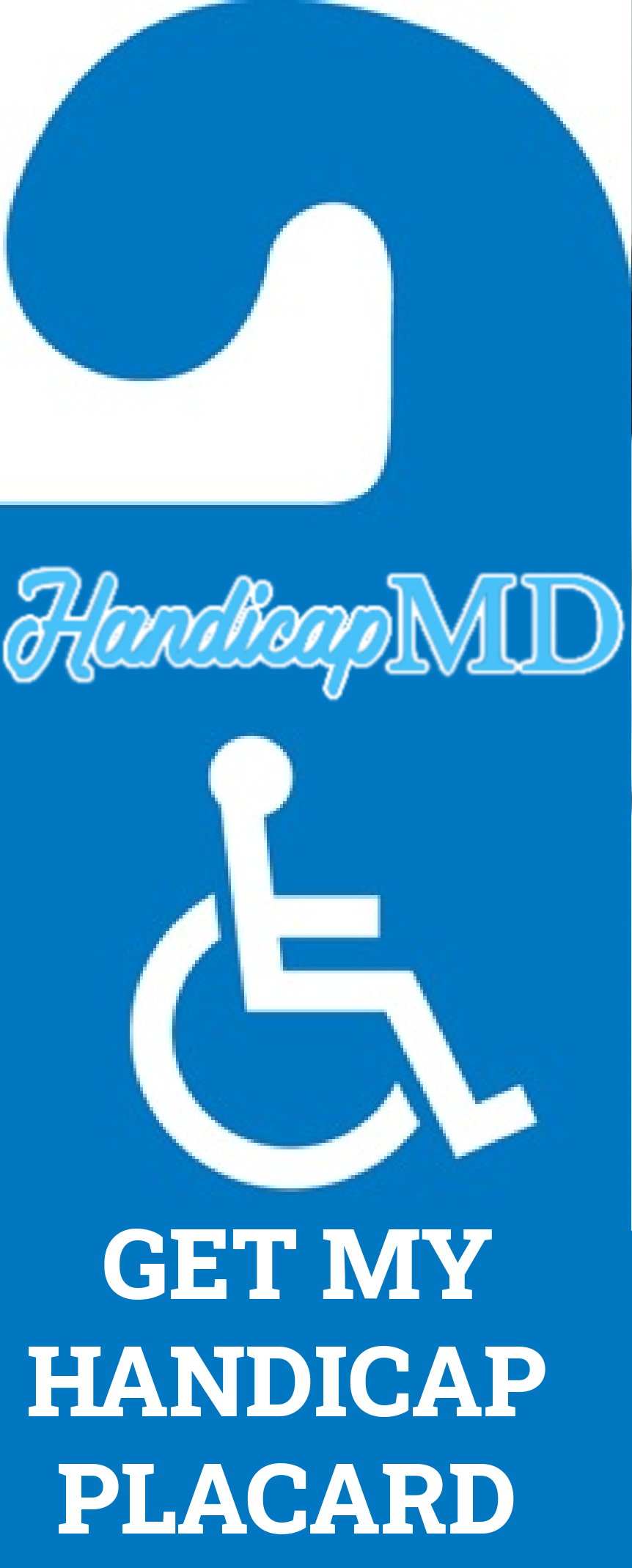
Disabled Parking Permits: When Should I Stop Using My Disabled Parking Permit?
Introduction Disabled parking permits provide access to parking facilities for people with disabilities all over the country. It is important to know the rules and regulations surrounding disabled parking permits, as they are rigorously upheld and tightly policed. In order to maintain an effective and life-improving program, it is crucial that disabled parking permits are efficiently run.
When to Stop Using Your Disabled Parking Permit It is important to stop using your disabled parking permit when it expires, is lost or stolen, or if you no longer have a disability that affects your mobility.
How and When Disabled Parking Permits Expire Disabled parking permits expire
Disabled parking permits have different expiration times and rules depending on the type of permit and the issuing state. To ensure that you apply for the correct type of permit, it is important to know the different types available, which include permanent, long-term, Disabled Veteran, organizational, carer, short-term, and temporary permits. In most states, permanent and long-term permits, available in individual, Disabled Veteran, organizational, and carer varieties, expire after two to five years. Once these permits have expired, they cannot be used, and the holder must apply for a replacement permit. To avoid being unable to use handicap parking facilities during the interim stage between the original permit's expiration and the arrival of the replacement permit, it is wise to apply for the replacement before the current permit expires.
How do short-term and temporary disabled parking permits function?
States provide short-term or temporary disabled permits, which last for a shorter period. The duration of these permits varies depending on the state, with most lasting between three and 12 months. The list of qualifying disabilities for temporary permits varies from state to state, but common conditions for which people seek temporary permits include short-term injuries, recovery periods after surgery, temporary illnesses, and pregnancy.
To obtain a short-term disabled permit, applicants must complete an application form and have a medical professional verify their condition. Telemedicine consultations with qualifying medical professionals are often available. Completed application forms should be submitted to the local disabled parking program authorities, typically located at the local Department of Motor Vehicles.
Holders of short-term permits have access to all handicap parking facilities in all states. However, once the permit expires, the holder must discontinue its use.
What is the Process for Replacing or Renewing an Expired Disabled Parking Permit?
If your disabled parking permit has expired, you can easily replace it by following the reapplication process. All types of disabled parking permits, including permanent, long-term, and Disabled Veteran placards and plates, can be renewed after they have reached their expiration date. However, short-term and temporary permits always require new verification from a medical professional for reapplication.
What Should I Do If My Disabled Parking Permit is Lost, Damaged, or Stolen?
In the event that your disabled parking permit is lost, damaged, or stolen, you may need to stop using it. However, some law enforcement agencies may allow you to continue using handicap parking facilities temporarily while you wait for a replacement. To obtain a replacement permit, you will need to follow the same procedure as you would for a reapplication or renewal.
Is My Disabled Permit Still Valid If I No Longer Have A Disability?
If you no longer have a disability but still have an in-date disabled permit, you should stop using it. This is particularly relevant for holders of short-term or temporary permits, as some states require a minimum duration of six months. In some cases, individuals may recover from their temporary disability before the permit expires, which means that while the permit is technically still valid, it should no longer be used to access handicap parking facilities.
.png)






